Ethical Responsibilities of Logging Industry - FNQ Timber Case Study
VerifiedAdded on 2022/08/28
|7
|421
|35
Case Study
AI Summary
This case study examines the ethical responsibilities of FNQ Timber, a lumber milling company operating in Far North Queensland, focusing on its logging practices and their impact. It explores the ethical justification of stakeholders, differentiating between internal and external stakeholders and their influence on the company's corporate social responsibility. The study emphasizes the importance of maintaining agricultural ethics for environmental benefit, adhering to forest regulations, and ensuring the sustainability of local communities. It proposes a survey-based method to measure environmental and economic impacts and reviews relevant legislative regulations, such as the Illegal Logging Prohibition Act 2012. The case concludes with recommendations for sustainable resource sourcing, regular plantation monitoring, and risk perception improvement, alongside a comprehensive reference list.
1 out of 7
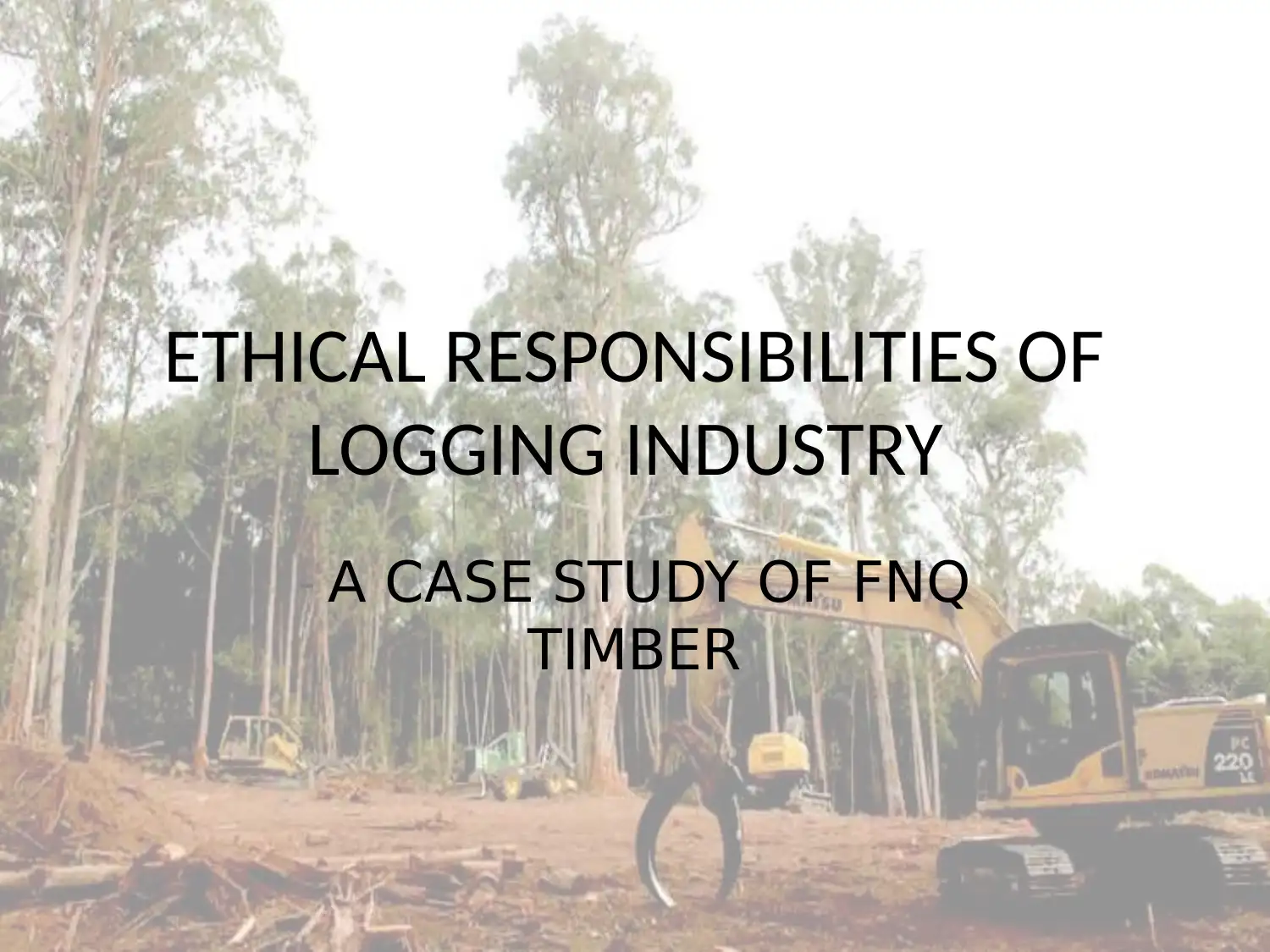
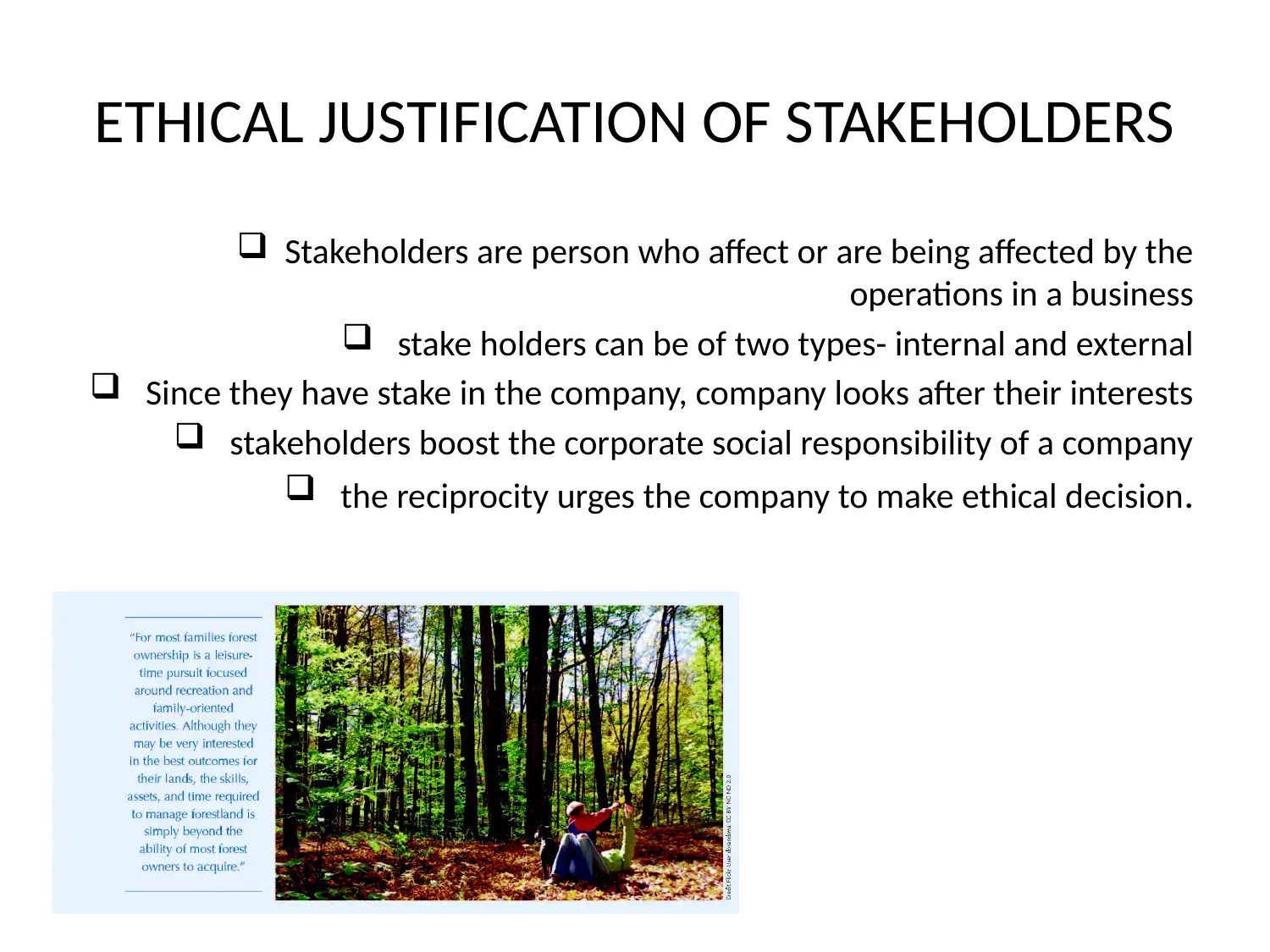
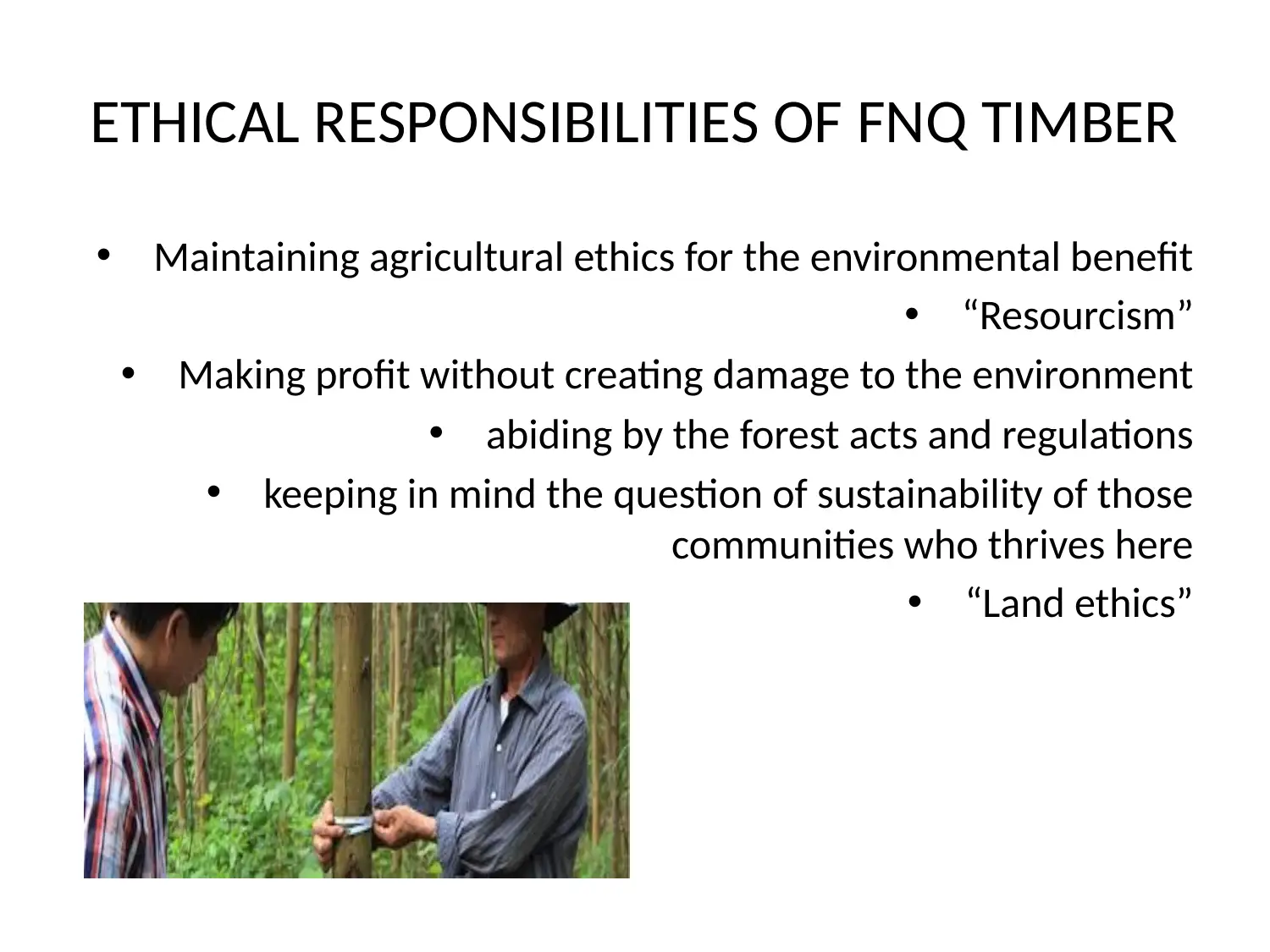

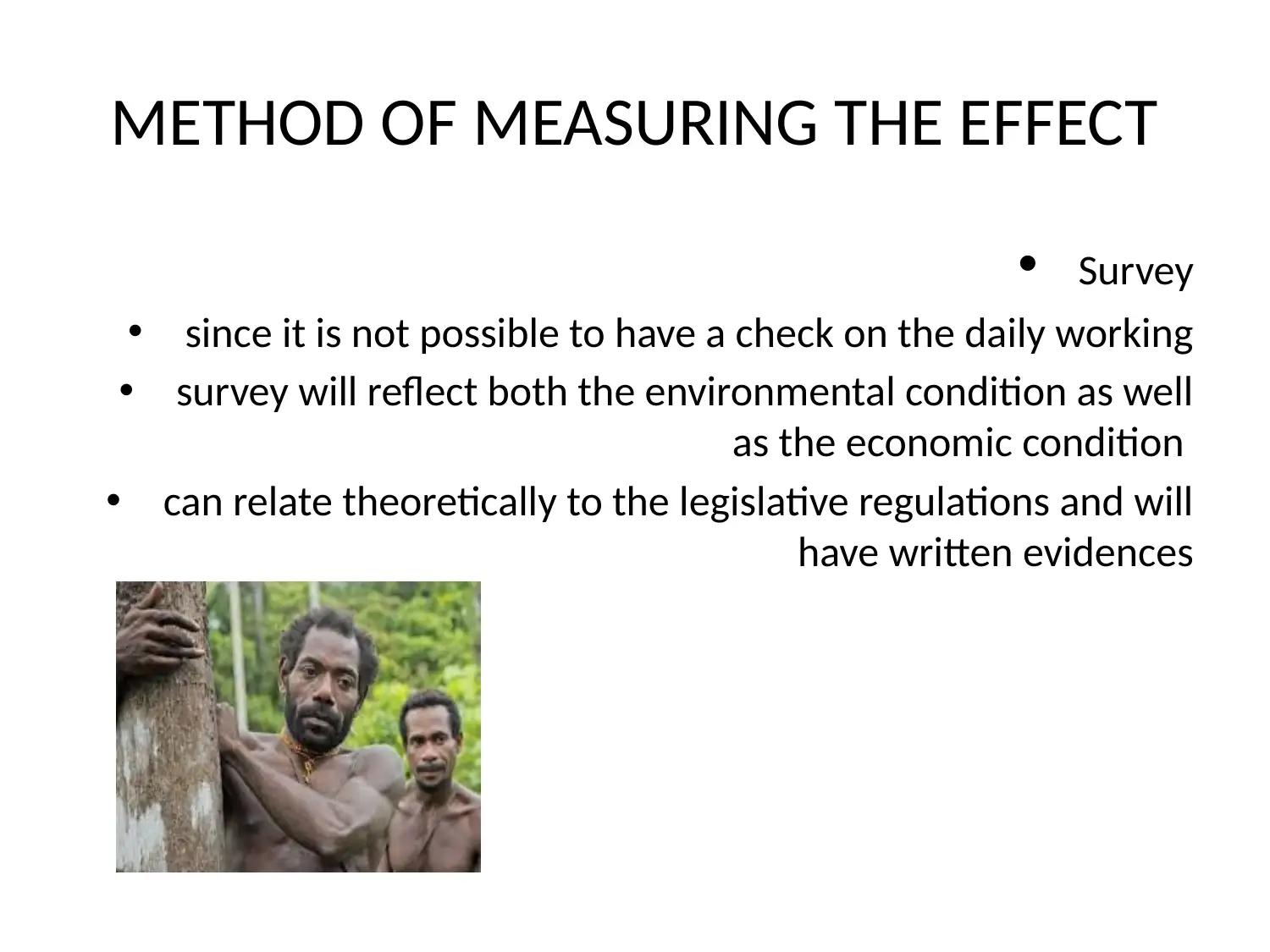
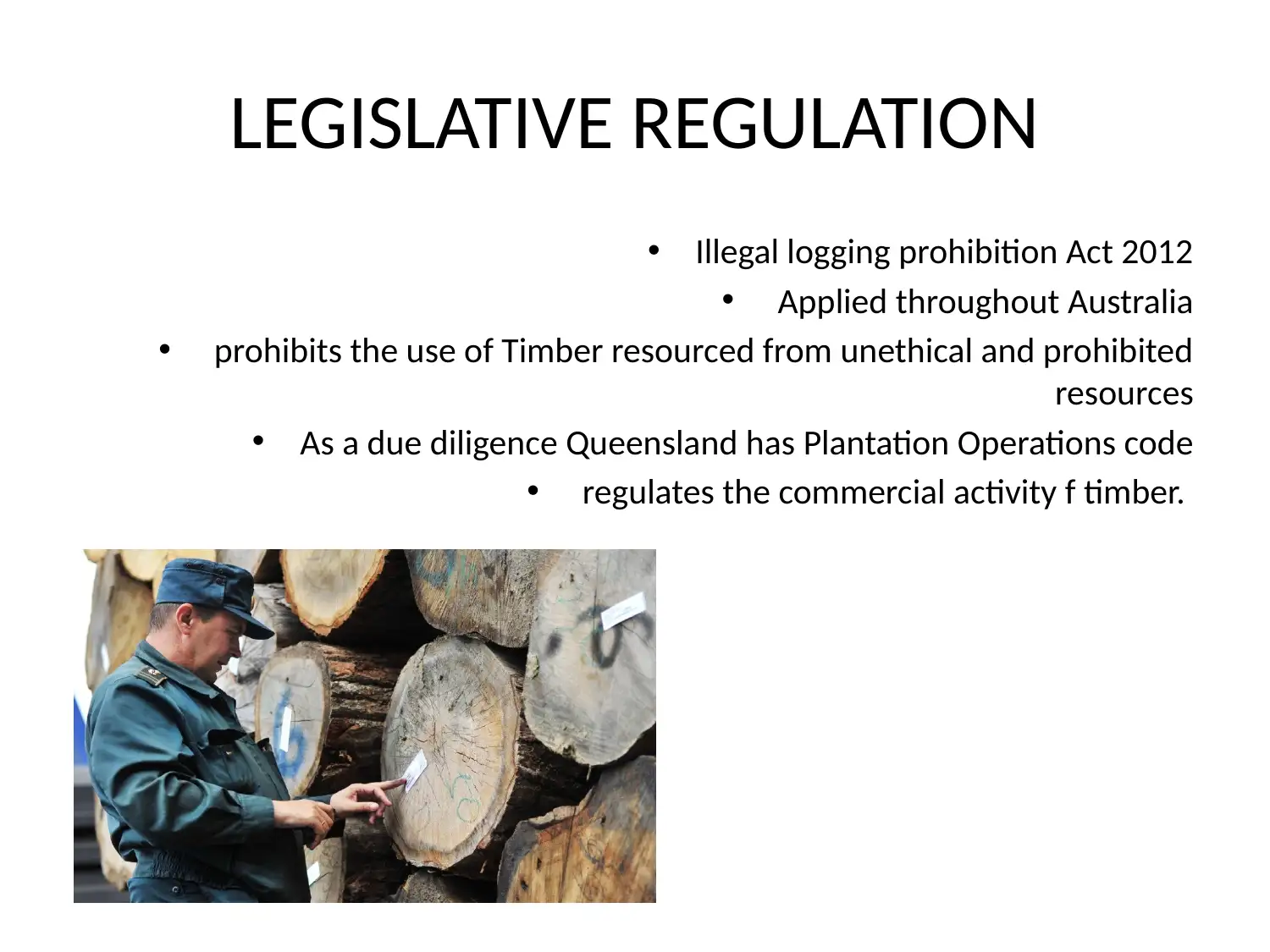
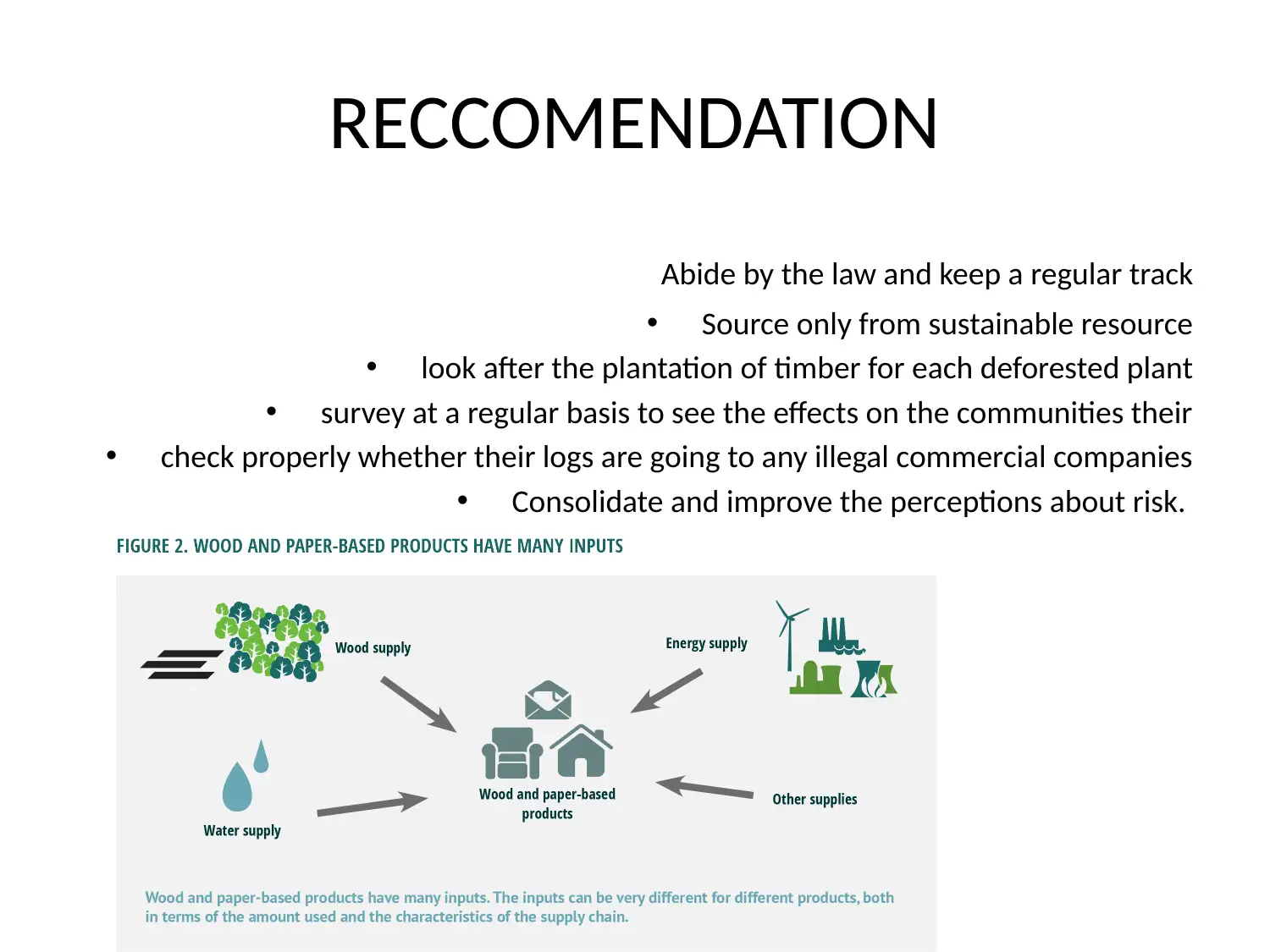
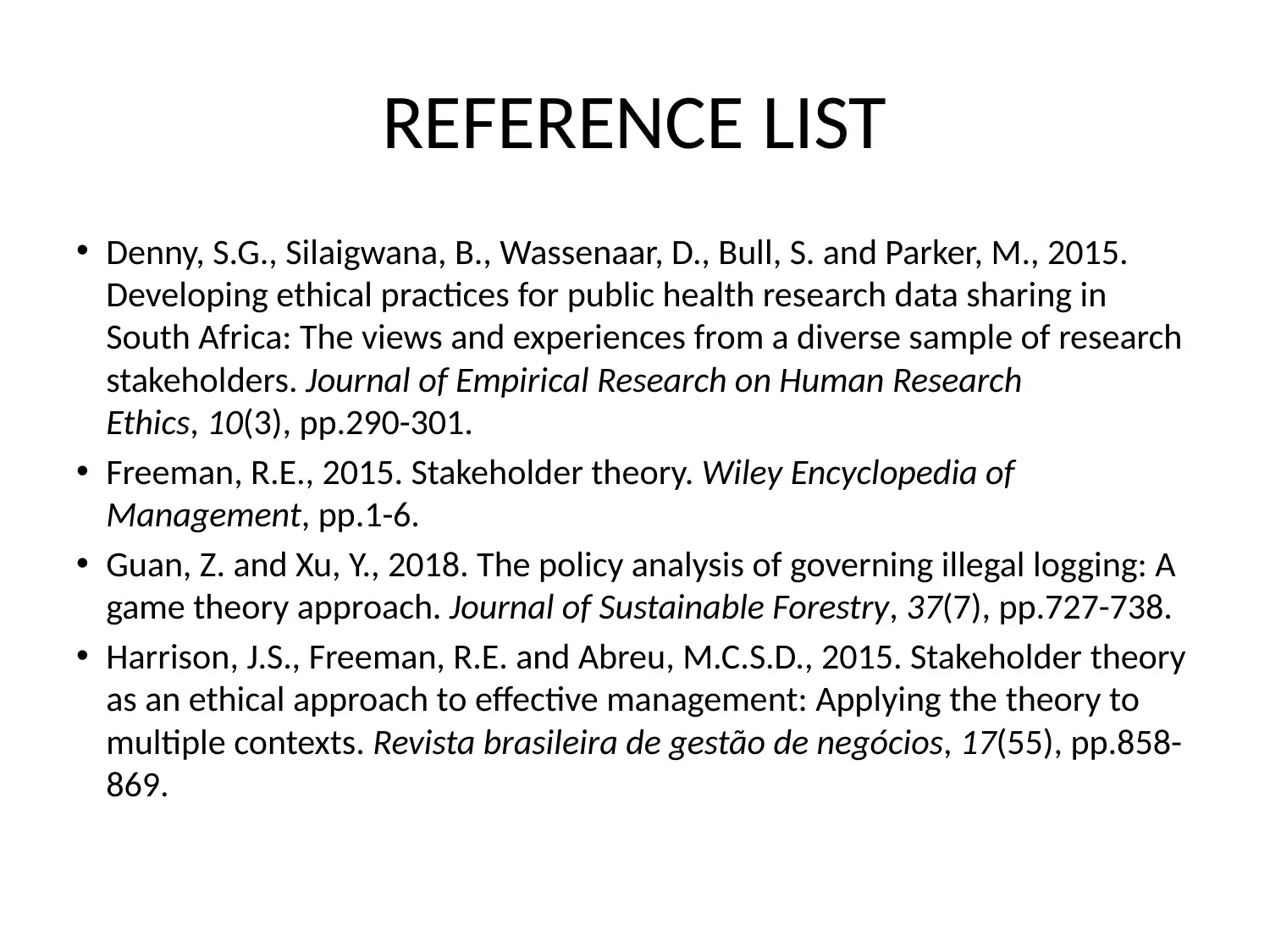


![[object Object]](/_next/static/media/star-bottom.7253800d.svg)